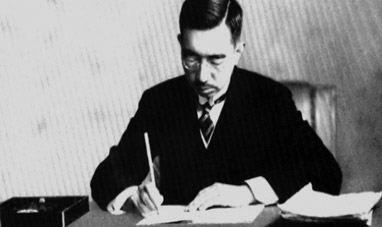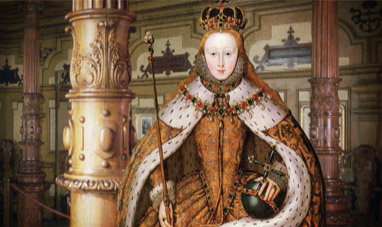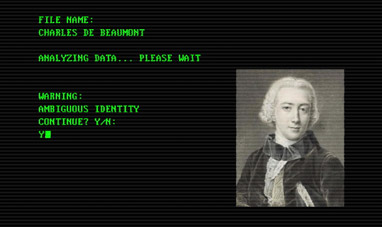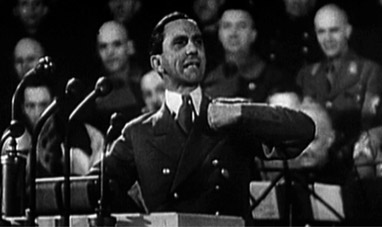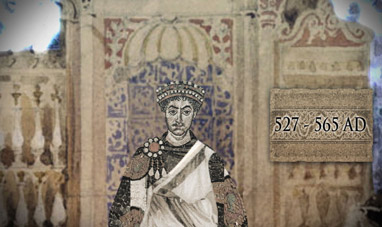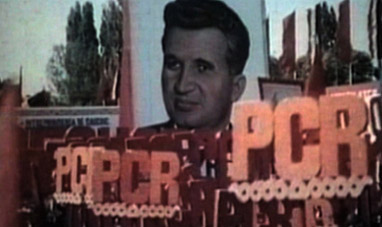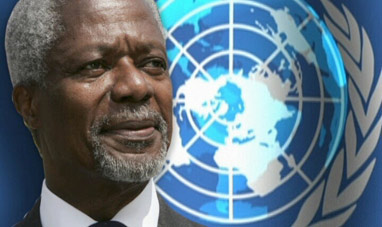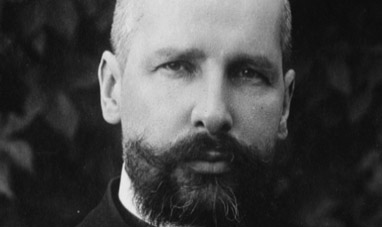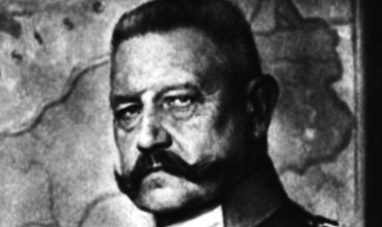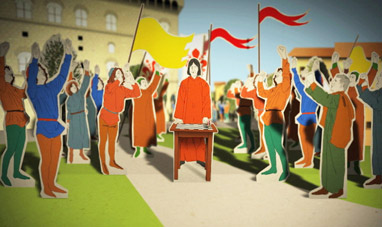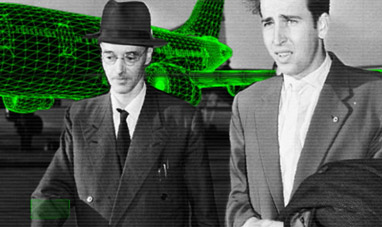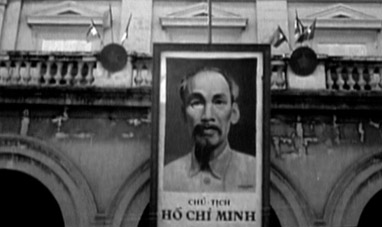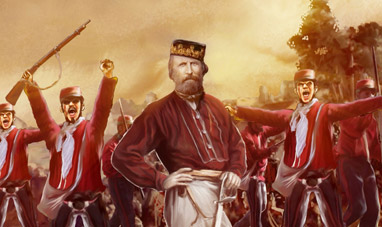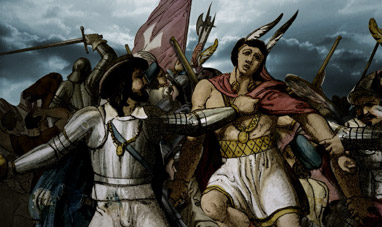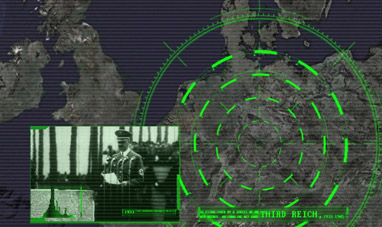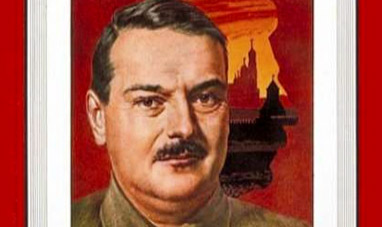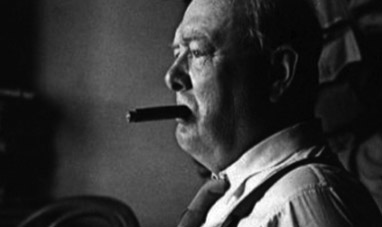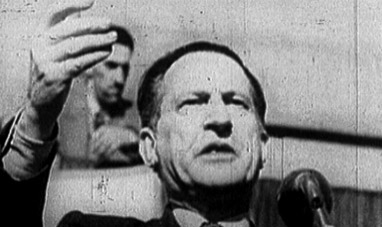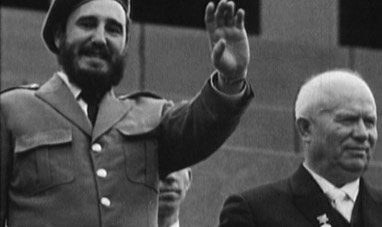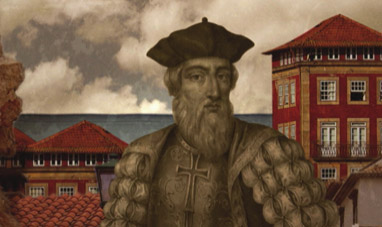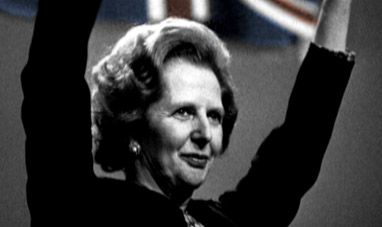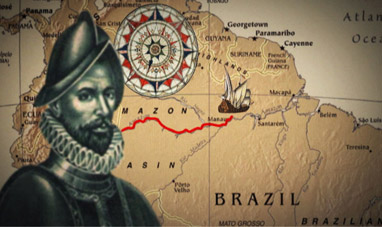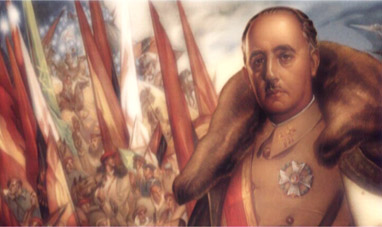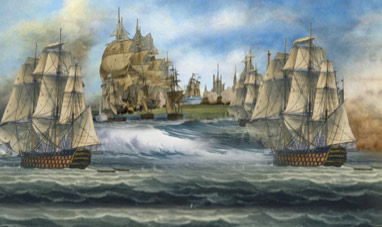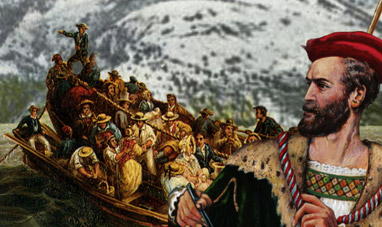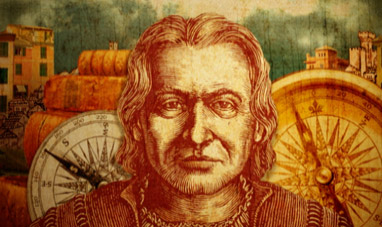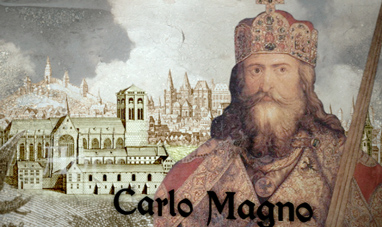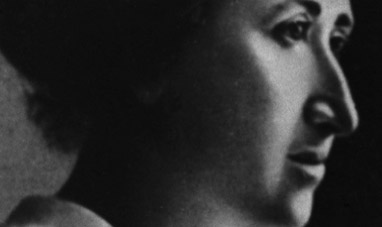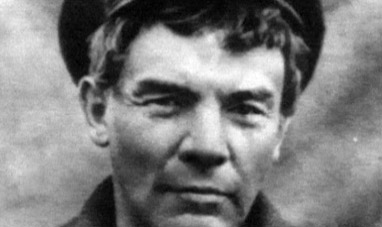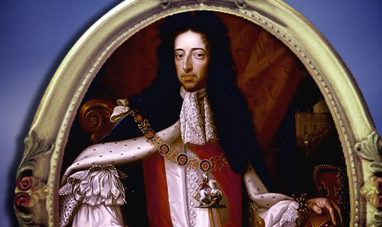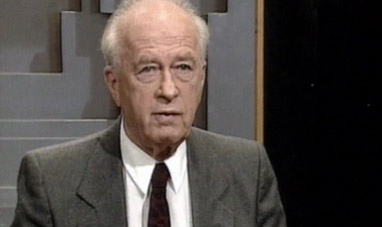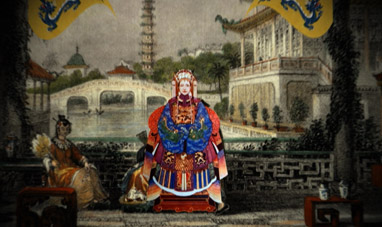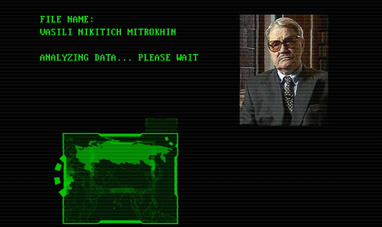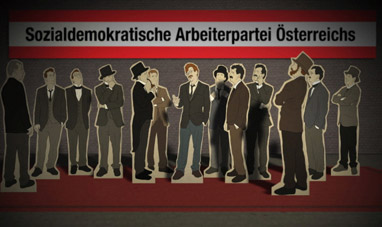Patrice de Mac-Mahon was a French general and statesman who served as president of France’s Third Republic from 1873 to 1879.
He was born on July 13, 1808 in Sully, France to an Irish family of noble descent. Mac-Mahon was 19 when he graduated form the prestigious Saint Cyr Military Academy. His military career began with the French campaign to colonize Algeria. When Napoleon III joined the coalition against Russia in the Crimean War, Mac-Mahon led an attack on Malakoff fortress that put Sevastopol in the invaders’ hands. By conquering that city, the coalition defeated Russia. Upon returning to France in 1856, Mac-Mahon became a senator.
Yet his greatest military achievements came when he was 51. When Austria invaded the regions of Piedmont and Lombardy, the French sided with the native populations. McMahon led the defenders to victory in the Battle of Magenta, which also liberated Milan. Authorities bestowed Mac-Mahon with the titles Marshall of France and Duke of Magenta in honor of his achievements. He returned to Algeria as governor in 1864, and oversaw the entire colony for six years. At the outbreak of the Franco-Prussian war, Mac-Mahon returned to France to lead two branches of the army. Yet setbacks in Worth and a wavering overall strategy led to Mac-Mahon’s first military failure, in the northern French town of Sedan. Prussian forces captured both him and Napoleon III, triggering the end of the French emperor’s reign. In the period of instability that followed, the population of France’s capital rebelled and established the Paris Commune. Yet the enterprise was short-lived, with Mac-Mahon heading imperial forces that bloodily suppressed the revolt. At 75, Mac-Mahon became president of the Third Republic, the government that succeeded Napoleon III’s empire. His conservative, pro-monarchy views rekindled the hopes of politicians who wanted Count Chambord to become king. However, ultimately the count himself refused the position. He could not accept becoming a ruler subject to the limits the parliamentary assembly stood to impose on his power.
During Mac-Mahon’s presidency a new French constitution took shape. Republicans increased their power in parliament. Prompted by the concerns of conservative politicians as well as the clergy, Mac-Mahon removed republican Prime Minister Jules Simon from power in 1877. After parliament rejected his choice of replacement, the conservative de Broglie, Mac-Mahon dissolved the body and held an election. The event went down in history as the Crisis of May 1877. The republicans won a decisive majority, thus putting an end to monarchists’ ambitions. Mac-Mahon resigned in 1879, a year before the official end of his term. After retiring from public life, he died in Montcresson on October 17, 1893. He was 85. After Mac-Mahon, the role of President of France remained greatly weakened for more than eighty years.
He was born on July 13, 1808 in Sully, France to an Irish family of noble descent. Mac-Mahon was 19 when he graduated form the prestigious Saint Cyr Military Academy. His military career began with the French campaign to colonize Algeria. When Napoleon III joined the coalition against Russia in the Crimean War, Mac-Mahon led an attack on Malakoff fortress that put Sevastopol in the invaders’ hands. By conquering that city, the coalition defeated Russia. Upon returning to France in 1856, Mac-Mahon became a senator.
Yet his greatest military achievements came when he was 51. When Austria invaded the regions of Piedmont and Lombardy, the French sided with the native populations. McMahon led the defenders to victory in the Battle of Magenta, which also liberated Milan. Authorities bestowed Mac-Mahon with the titles Marshall of France and Duke of Magenta in honor of his achievements. He returned to Algeria as governor in 1864, and oversaw the entire colony for six years. At the outbreak of the Franco-Prussian war, Mac-Mahon returned to France to lead two branches of the army. Yet setbacks in Worth and a wavering overall strategy led to Mac-Mahon’s first military failure, in the northern French town of Sedan. Prussian forces captured both him and Napoleon III, triggering the end of the French emperor’s reign. In the period of instability that followed, the population of France’s capital rebelled and established the Paris Commune. Yet the enterprise was short-lived, with Mac-Mahon heading imperial forces that bloodily suppressed the revolt. At 75, Mac-Mahon became president of the Third Republic, the government that succeeded Napoleon III’s empire. His conservative, pro-monarchy views rekindled the hopes of politicians who wanted Count Chambord to become king. However, ultimately the count himself refused the position. He could not accept becoming a ruler subject to the limits the parliamentary assembly stood to impose on his power.
During Mac-Mahon’s presidency a new French constitution took shape. Republicans increased their power in parliament. Prompted by the concerns of conservative politicians as well as the clergy, Mac-Mahon removed republican Prime Minister Jules Simon from power in 1877. After parliament rejected his choice of replacement, the conservative de Broglie, Mac-Mahon dissolved the body and held an election. The event went down in history as the Crisis of May 1877. The republicans won a decisive majority, thus putting an end to monarchists’ ambitions. Mac-Mahon resigned in 1879, a year before the official end of his term. After retiring from public life, he died in Montcresson on October 17, 1893. He was 85. After Mac-Mahon, the role of President of France remained greatly weakened for more than eighty years.

